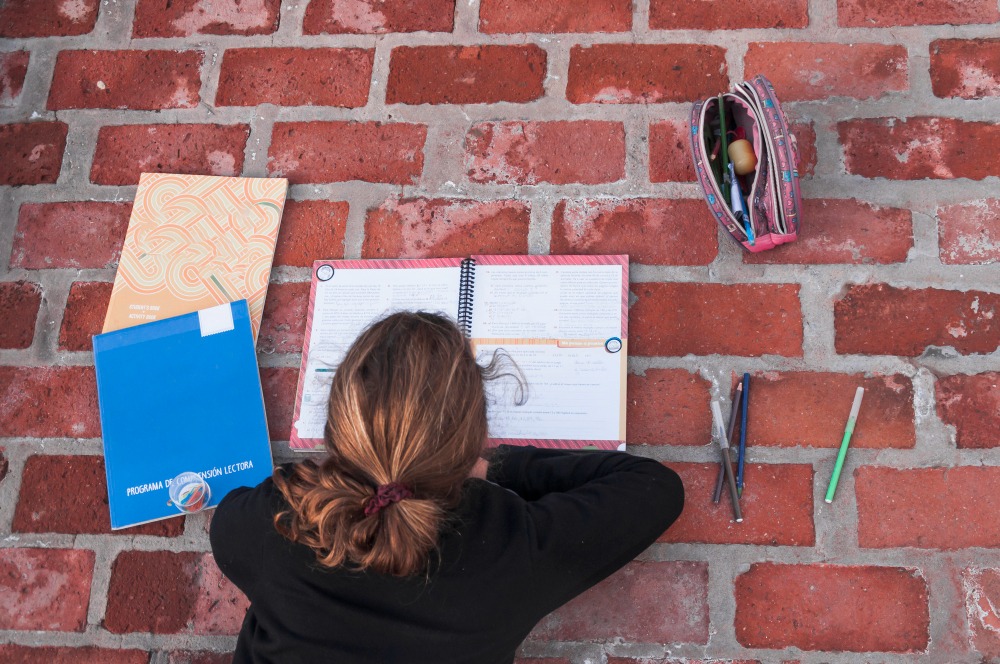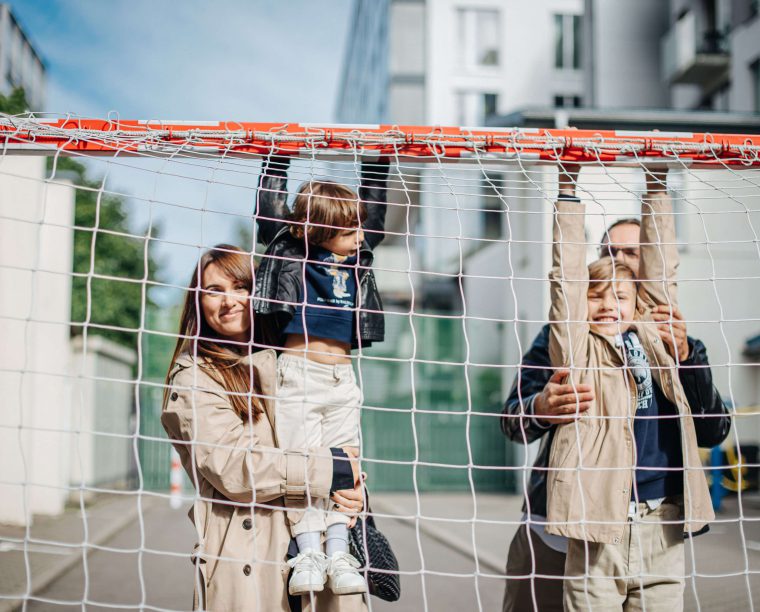
A new school year is like a blank sheet of paper: children get their notebooks and supplies ready and promise to try even harder this year. However, after a few weeks, their enthusiasm often begins to fade. Parents start to worry: why is my child not motivated to learn? Before looking for answers, it is worth clarifying: what exactly is motivation?
Understanding motivation in children
Motivation is an internal or external force that drives action. When a child learns out of a natural desire to know and experience—when they are genuinely interested and find it meaningful—this is internal motivation. It is strong, deep, and long-lasting.
External motivation, on the other hand, comes from the environment: praise, grades, punishments, or promised rewards. It can encourage action, but usually only for a short time.
When the meaning of learning for a child is only tied to what teachers or parents say—when they learn only to “get an A” or “avoid being scolded”—their motivation is fragile. However, when a child understands why learning is important and feels the satisfaction of the learning process, real transformation takes place.
Motivation to learn: it's not just about grades
Parents often expect their children to want to learn on their own. However, a child’s motivation does not develop in a vacuum – it is strongly influenced by their experiences at home, at school, and in everyday life. Does the child feel seen and heard? Are their efforts noticed, or is only the result valued? Can they express their opinions and make decisions, or is everything decided for them? These factors determine a child’s willingness to try.
The things that encourage motivation are often very simple: respectful communication, adult patience, and the opportunity to make mistakes and try again. Motivation for children comes primarily from a sense of security rather than external pressure. When a child feels valued not only for doing everything “right,” they begin to believe in themselves, and their motivation to learn starts to grow naturally.
What drives children to learn
Every child is unique, so it is difficult to give a definitive answer to what motivates them. One may be inspired by the support of a teacher, another by natural curiosity and the opportunity to discover something new. Some children are motivated by competition or the desire to achieve more, but for most, meaningful engagement with what they are doing is key.
It is crucial that children perceive learning not merely as an obligation, but as an engaging and relevant experience. They need to see that what they are learning matters to their lives and to them personally. When there are adults who believe in them and recognize not only their test scores but also the small steps they take along the way, a spark of genuine motivation is ignited. This is the motivation to learn – not imposed, not superficial, but authentic and growing from within.
What can parents do?
Parents often feel as if they should be motivators for their children – finding a way to “inspire” them. However, motivating a child is not a universal recipe or a quick fix: it takes time. When parents show interest in their child’s world, when they talk to them, when they ask not only “what did you learn?” but also “what interesting things did you experience today?”, when they share their own learning experiences – then the child begins to understand that learning is a value, not a duty.
Sometimes it is enough to just be there, to listen, to support – even when the child says “I don’t want to,” “I’m tired,” or “I’m bored.” Such moments offer an opportunity to show solidarity: it is not only what you do that matters to us, but also how you feel. And this often has a stronger effect than any “if you do it, you’ll get it.”
The Saulės Gojus community believes that every child has an innate desire to explore, learn, and create. Our goal is not to force them, but to help preserve and strengthen this inner motivation, because the deepest and strongest motivation is formed when children are allowed to be curious, free, and unique. It is this kind of motivation that lasts a long time, even when the notebooks have long been closed.
 School Saulės Gojus
School Saulės Gojus 

